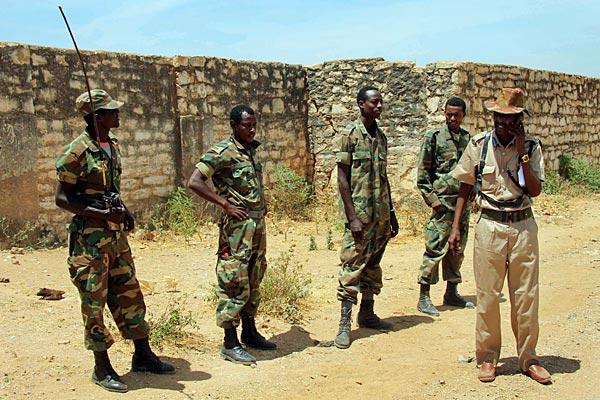Further Conflict Erupts on the Horn of Africa

Ethiopia launched an attack on Eritrean soil last week, claiming to target "terrorist camps". The action signals an increase in tension between the two neighboring East African countries, who have an extended history of clashing.
The Eritrean government accused Ethiopia of using military attacks as a ploy to divert attention from Ethiopia's occupation of Eritrean sovereign soil. The two countries fought a war from 1998 to 2000 when, according to a ruling from the international commission in the Hauge assigned to look at the conflict, Eritrea invaded Ethiopia and triggered a war. However, it should also be noted that Eritrea fought a war of independence from Ethiopia from 1961 to 1991, achieving independence in 1993 from Ethiopia. The series of conflicts are known collectively as, the Eritrean-Ethiopian Wars.
Ethiopia still occupies parts of Eritrean territory from the '98-'00 conflict, and definitive borders have yet to be established between the two countries.
The region is of extreme strategic value to the world; running along the coast of the Red Sea along the Bab el-Mandeb, the southern entrance into the strategic body of water. Currently the United States has one of its largest overseas bases in Ethiopia.
Conflict is nothing new in the Horn of Africa. Civil war continues to be waged in Somalia with Ethiopian, Kenyan and American troops playing a role in it for one reason or another, and this is but the latest dust up between Ethiopia and Eritrea. America plays its role, targeting al-Qaeda militants in Somalia and, ostensibly, keeping the Bab el-Mandeb open for foreign trade to pass through. But where has all this conflict gotten anyone, anyway?
What is the purpose of fighting a war when you only destroy what it is you're fighting for in the process? How is it that the brains of human beings haven't been able to wrap their heads around this concept in all our history of being on this planet?
Sadly, I don't have the answers to these questions, but they are ones we can ask ourselves in our own lives. This kind of reflection we can impart on our children, so that they do not make the same mistakes as we have. At the very least, they can make them to lesser extents than we have in the present, and hopefully, will be able to write a brighter future.



